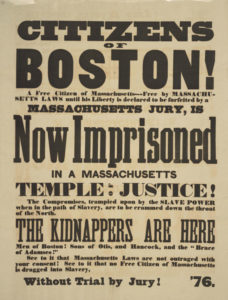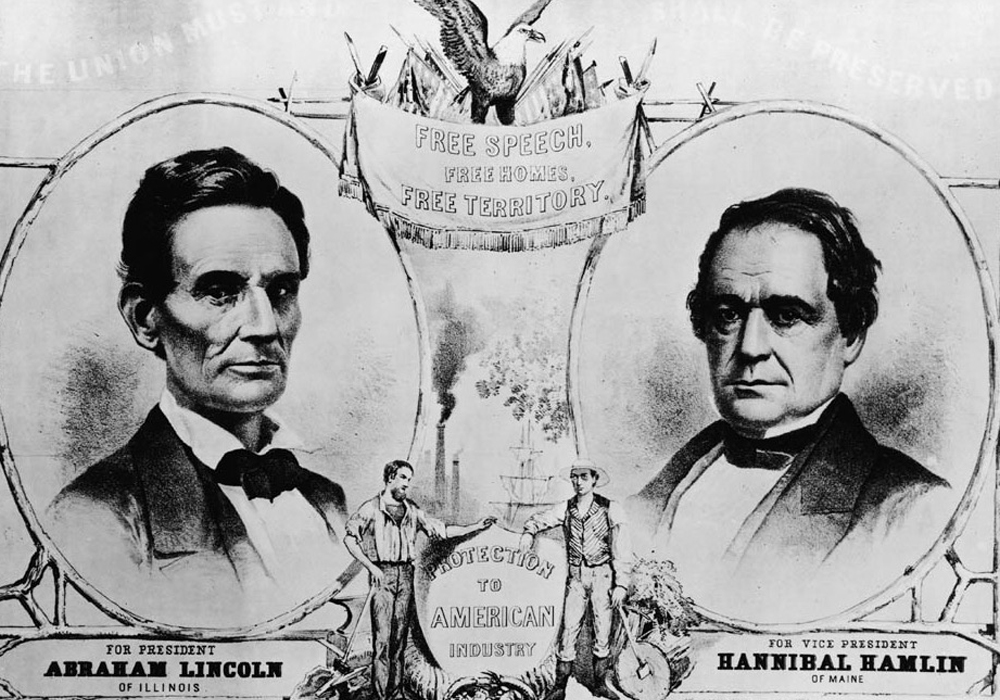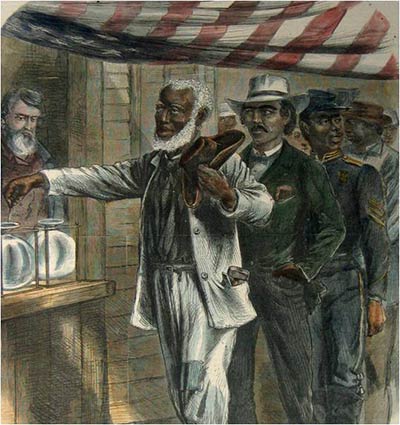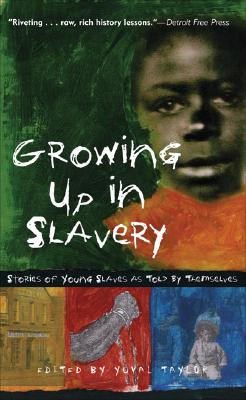By Manisha Sinha
If nothing else, President Trump and the Republicans are making Civil War revisionism great again. In the spring of 2017, North Carolina GOP state Rep. Larry Pittman argued that Abraham Lincoln was “the same sort (of) tyrant” as Adolf Hitler, and was “personally responsible” for the deaths of hundreds of thousands of Americans in an “unnecessary and unconstitutional” war.
This line of reasoning, which posits that the Civil War was a needless and illegal conflict, goes back to Alexander Stephens, vice president of the Confederacy. Writing in the aftermath of the war, Stephens, who had proclaimed that the Confederacy’s “cornerstone rests upon the great truth that the Negro is not the equal to the white man; that slavery, subordination to the superior race, is his natural and moral condition,” indulged in a bit of historical revisionism himself.
In his two-volume tome A Constitutional View of the Late War Between the States, first published in 1868, Stephens ignored the declarations of secession issued by Southern states that left the Union, which clearly stated that the defense of slavery was the main cause for secession, and contended that the South fought to uphold states’ rights and the U.S. Constitution.
Stephens’ book is the bible of neo-Confederates, who since then have been seeking to rehabilitate the South’s “Lost Cause” by claiming that opposition to the tariff, states’ rights, local governance, or, more nebulously, “Southern heritage” defined the conflict.
Which brings us to Trump, who in an interview asked of the Civil War, “Why could that one have not been worked out?” Trump, who has previously paraded his historical ignorance, most famously in his remarks on the Civil War era abolitionist Frederick Douglass, seems to be resuscitating the “needless war” school of Civil War causation that most historians thought they had put to bed in the 1940s.
This school of revisionist historians not only downplayed the sectional conflict over slavery, but also argued that a blundering generation of politicians had led the country down the path of war.
Trump claims that Andrew Jackson, had he lived long enough, or perhaps a man of Trump’s own alleged deal-making prowess, might have saved the day.
This sort of counterfactual history is false at best. At worst, it is callous, as it calls for a compromise over the enslavement of 4 million human beings and their descendants.
As most abolitionists or those who fought against slavery realized, slavery itself was a state of war against the slaves. To ignore their travail and emphasize instead the war dead (many of whom, it must be noted, were black Union Army soldiers) is the underlying historical reason for a movement like Black Lives Matter today.
(It is interesting that the perennial hand-wringing over the deadly cost of the Civil War has seldom been applied to the Revolutionary War, which established white liberty in the American Republic, or to World War II, which defeated fascism.)
Lincoln understood the bloody meaning of the war much better than current Republicans. In his second inaugural address, he said that if God willed that the war “continue, until all the wealth piled by the bondman’s two hundred and fifty years of unrequited toil shall be sunk, and until every drop of blood drawn with the lash shall be paid by another drawn by the sword, as was said three thousand years ago, so still it must be said the ‘the judgments of the Lord, are true and righteous altogether.’ ”
Douglass, Trump might care to know, called this speech “a sacred effort.”
If Trump was calling for compromise over the issue of slavery to avoid war, then he might also learn from the actual tawdry history of compromise in 19th century America. The Compromise of 1850 enacted the draconian Fugitive Slave Act, which demanded that all American citizens act as slave patrollers. It and other such attempted deals came at the direct expense of black lives.
Even a moderate anti-slavery politician like Lincoln, who was willing to allow the existence of slavery in the South to prevent disunion and war, drew the line when it came to the expansion of slavery into Western territories.
It could very well be, of course, that Trump, like some Republicans, does not think that the abolition of racial slavery was worth the cost of war. If that’s what he believes, he should say so.
Manisha Sinha is author of The Slave’s Cause: A History of Abolition. Reprinted with permission of the author from the New York Daily News, May 4, 2017.
Top image: Panel from a monument at the African American Civil War Memorial, Washington, D.C.















Twitter
Google plus
LinkedIn